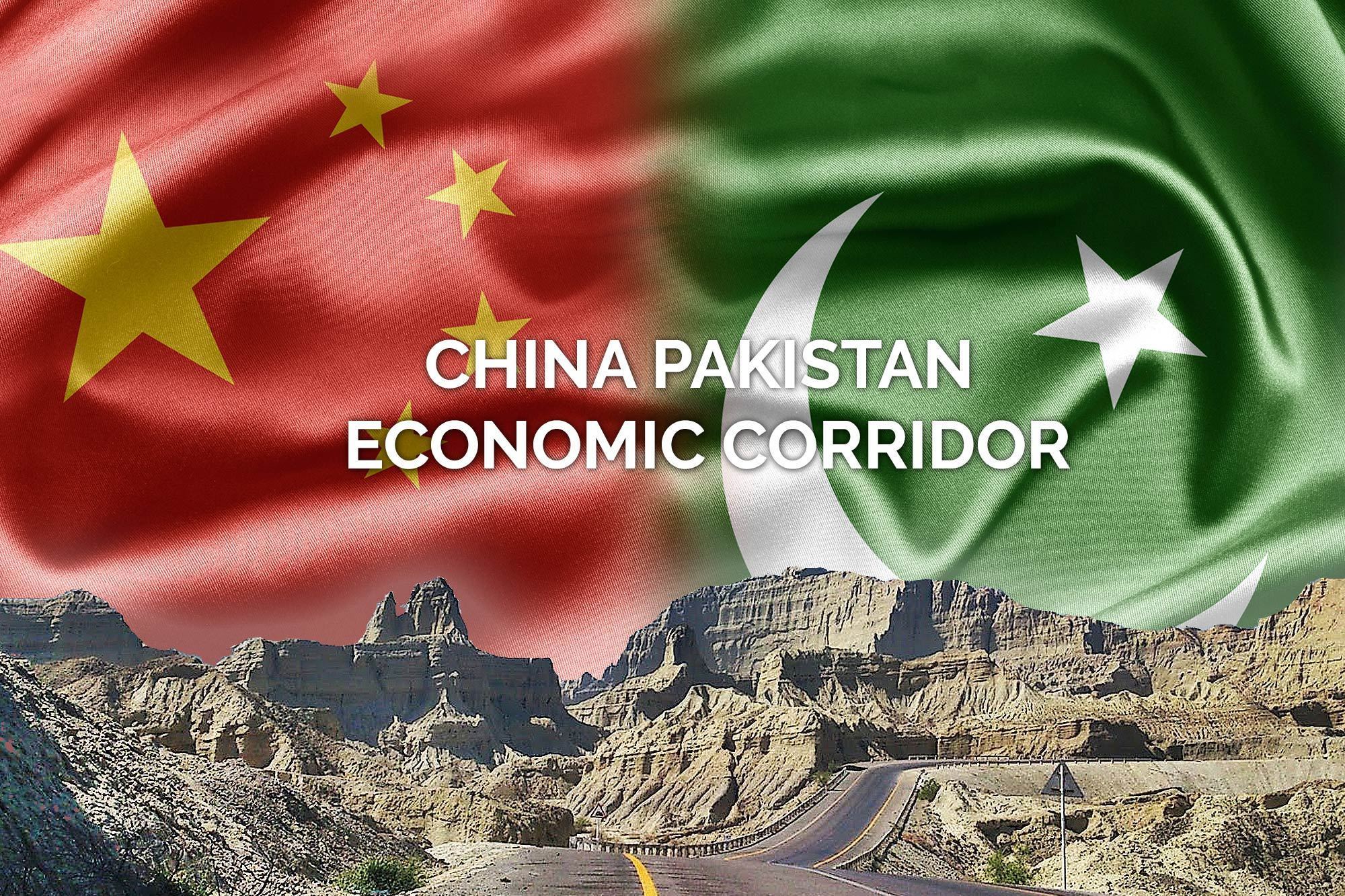
ISLAMABAD, March 15, 2019; Senate Special Committee on Project of China Pakistan Economic Corridor took notice of the opaqueness surrounding CPEC related projects. The committee, chaired by Senator Sherry Rehman, directed the ministry of Planning, Development and Reforms to give concrete information on CPEC projects with groundwork, progress and timelines from next meeting onwards instead of providing open source information.
“Why is the Committee not being apprised about the details of the projects? We come across more information in the newspapers compared to what’s imparted to us during the committee meetings. It is the ministry’s responsibility to address the queries of committee members, they have serious reservations that need to be heard and responded,” the former Senate Opposition Leader said as the Committee was briefed regarding CPEC projects.
Members from KP and Balochistan especially, were unanimous in protesting the lack of groundwork in their respective provinces including Gwadar, which is supposed to be the centrepiece of the CPEC maritime Silk Road linkage.
The Committee was further briefed on the 8th JCC held in Beijing in December 2018 and members sought details into the current situation of various projects under CPEC as well as about further negotiations with the Chinese government. Rehman expressed reservations as neither the timeline nor the terms and conditions of the CPEC projects were furnished by the government. Saying that nothing can be kept hidden from a parliamentary committee, the Chair of the CPEC Committee in Senate said “We are leading delegations into China and China is asking questions. It is asking about the progress being made on the CPEC projects and here we are, kept in the dark by our government”.
The Committee was told that during the 8th JCC, MoU on industrial cooperation was signed and Pakistan has succeeded in securing a separate 1 billion US Dollar grant for socio-economic development which will come in three years and will be spent in less developed areas of the country. The Committee was told that the project of M-1 will be implemented in phases and that finalisation of preliminary design was in its final stage. It was told that the desalination plants in Gwadar are now a part of the socio-economic development projects. Component of agricultural investment has also been added in CPEC projects which will include co-branding, value chain food processing, fisheries and livestock.
The Senator expressed concern regarding gaps in communication. She said a general understanding among Pakistani people, especially regarding Special Economic Zones (SEZs) is that China would singlehandedly make CPEC work. She suggested, “It would be better if Pakistan did at least half the work here and took roadshows to China to attract investors. We need the jobs and growth generated by this opportunity. Our inability to coordinate responses and streamline frameworks or build consensus should not stand in the way of momentum”.
Taking the climate impact of CPEC into consideration, the Chair probed when the issue of cleaner and greener technology would be included in the list of Pakistan’s strategic objectives. “There has been no mention of it despite the fact that Pakistan is the seventh most vulnerable country to climate change,” Rehman concluded.
The meeting was held with Senator Sherry Rehman in the chair here at the Parliament House on Friday and was attended among others by Senators Muhammad Usman Kakar, Nuzhat Sadiq, Mian Muhammad Ateeq Shaikh, Ghous Muhammad Khan Niazi, Muhammad Akram, Aurangzeb Khan, Mir Kabeer Ahmed Muhammad Shah, Samina Saeed, Sitara Ayaz, Muhammad Javed Abbasi, Minister for Planning, Develeopment and Reforms Khusro Bakhtiar, Secretary Planning and officers from ministry, BOI and NHA.

